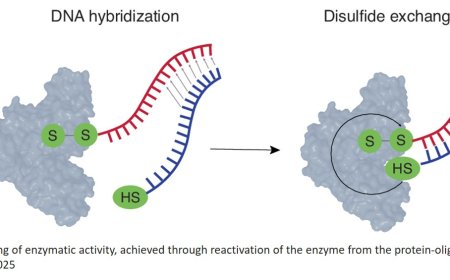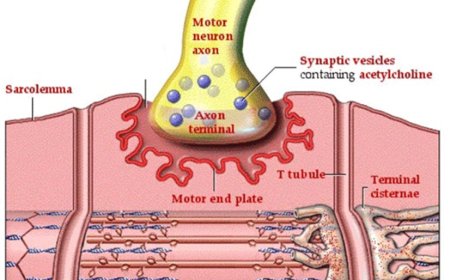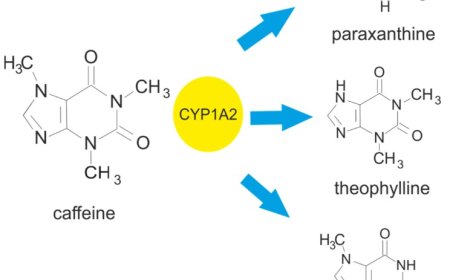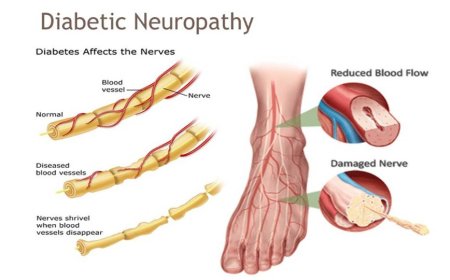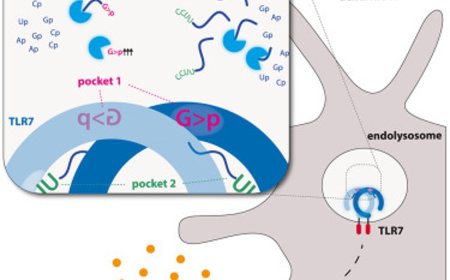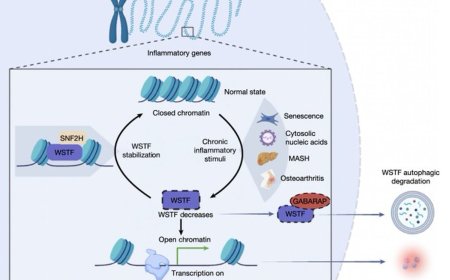Itaconate modulates mitochondria for antiviral IFN-β
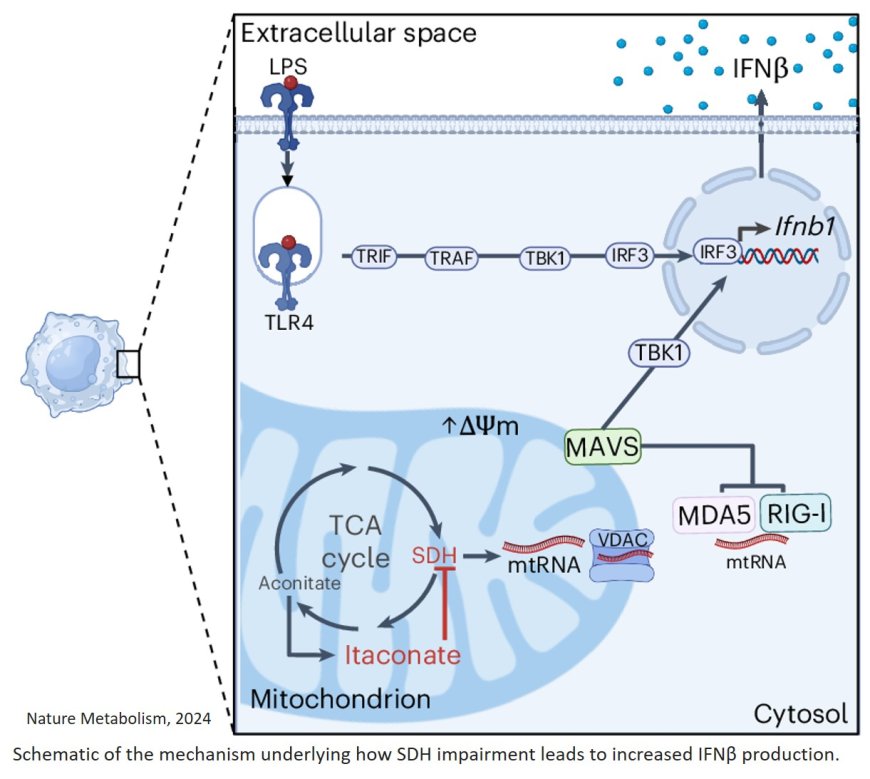
Scientists have discovered a new process in our immune systems that leads to the production of an important family of anti-viral proteins called interferons. They hope the discovery will now lead to new, effective therapies for people with some autoimmune and infectious diseases.
Published in the journal Nature Metabolism, the team have found that a natural metabolite called Itaconate can stimulate immune cells to make interferons by blocking an enzyme called SDH.
Co-lead author said: “We have linked the enzyme SDH to the production of interferons in an immune cell type called the macrophage. We hope our work will help the effort to develop better strategies to fight viruses because interferons are major players in how our innate immune system eliminates viruses – including COVID-19.”
Another co-lead author added: “Itaconate is a fascinating molecule made by macrophages during infections. It’s already known to suppress damaging inflammation but now we have found how it promotes anti-viral interferons.”
Working with drug companies Eli Lilly and Sitryx Ltd, the next step is to test new therapies based on Itaconate in various diseases, with some autoimmune diseases and some infectious diseases on the likely list. And the work potentially extends to other disease contexts in which SDH is inhibited, such as cancer, and could reveal a new therapeutic target for SDH-deficient tumours.
The senior author said: “With Itaconate you get two for the price of one – not only can it block harmful inflammation, but it can also help fight infections. We have discovered important mechanisms for both and the hope now is that patients will benefit from new therapies that exploit Itaconate and its impacts.”
Clinical trials in patients are set to start next year.
